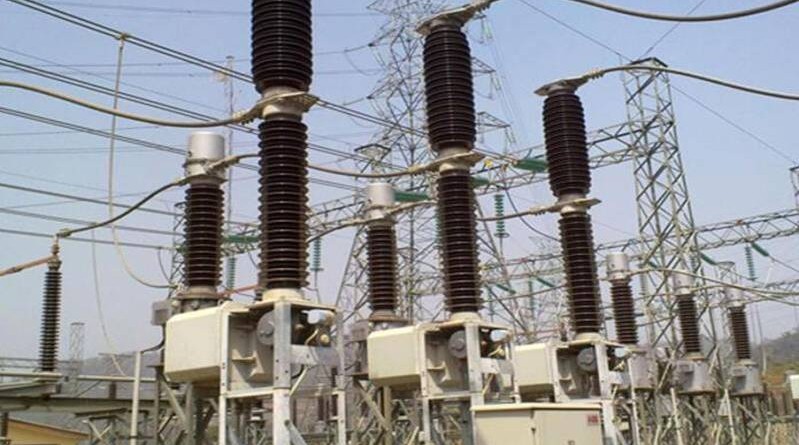Nigeria’s Electricity generation hits 5,000MW, the highest in three years
The electricity production in Nigeria hit 5,000MW in May, marking the first time in three years that this milestone has been achieved. The government’s efforts to enhance the infrastructure of the sector have contributed to this increased generation capacity. Minister of Power, Adebayo Adelabu, announced during a press briefing in Abuja that on 3 May, 5,345MW was generated, transmitted, and distributed, surpassing the usual 3,000MW.
This significant achievement of reaching the 5,000MW mark after three years is a positive development. The country aims to address challenges such as frequent power outages and insufficient capacity by increasing electricity generation, thereby stabilizing the grid and reducing reliance on generators.
Nigeria is looking to further enhance electricity supply, with plans in place to increase generation to 6,000MW by the end of 2024. Additionally, the country’s goal is to achieve a transmission capacity of 10,000-12,000MW in the next three years. The improvement in output capacity can be attributed, in part, to the enhancement of grid generating capacity, including the addition of 700MW in Geregu.
Adelabu mentioned that his ministry is also suggesting the addition of a “3,000 utility scale solar power source within the next 24 months to alter the mix of our energy generation.”
“Our goal is to reach 6,000MW by the end of this year for the first time in Nigeria’s history,” he stated. A report from various international agencies last year indicated that Nigeria has the highest number of people without access to electricity.
The report identified the countries with the largest populations lacking access: Nigeria (86 million), the Democratic Republic of Congo (76 million), and Ethiopia (55 million).
Tackling the deficiencies in the electricity sector
In March, Adelabu called for a meeting with the Chief Executives of Abuja Electricity Distribution Company (AEDC) and Ibadan Electricity Distribution Company (IBEDC), as well as the Managing Director of the Transmission Company of Nigeria (TCN), to “address the deteriorating power supply in their respective regions and collectively find lasting solutions.”
“It is disheartening to see the decline in power supply despite the efforts to improve the situation. “The Ministry has been pushing the Generating Companies (GenCos) to improve their performance, leading to a recent increase in generation to over 4,000MW.
“However, some distribution companies are still not effectively distributing the power provided by TCN, and vandalism of power infrastructure is worsening the issue in areas like Abuja, Benin, Port Harcourt, and Ibadan,” Adelabu stated at that time. SOURCE: ESI AFRICA




